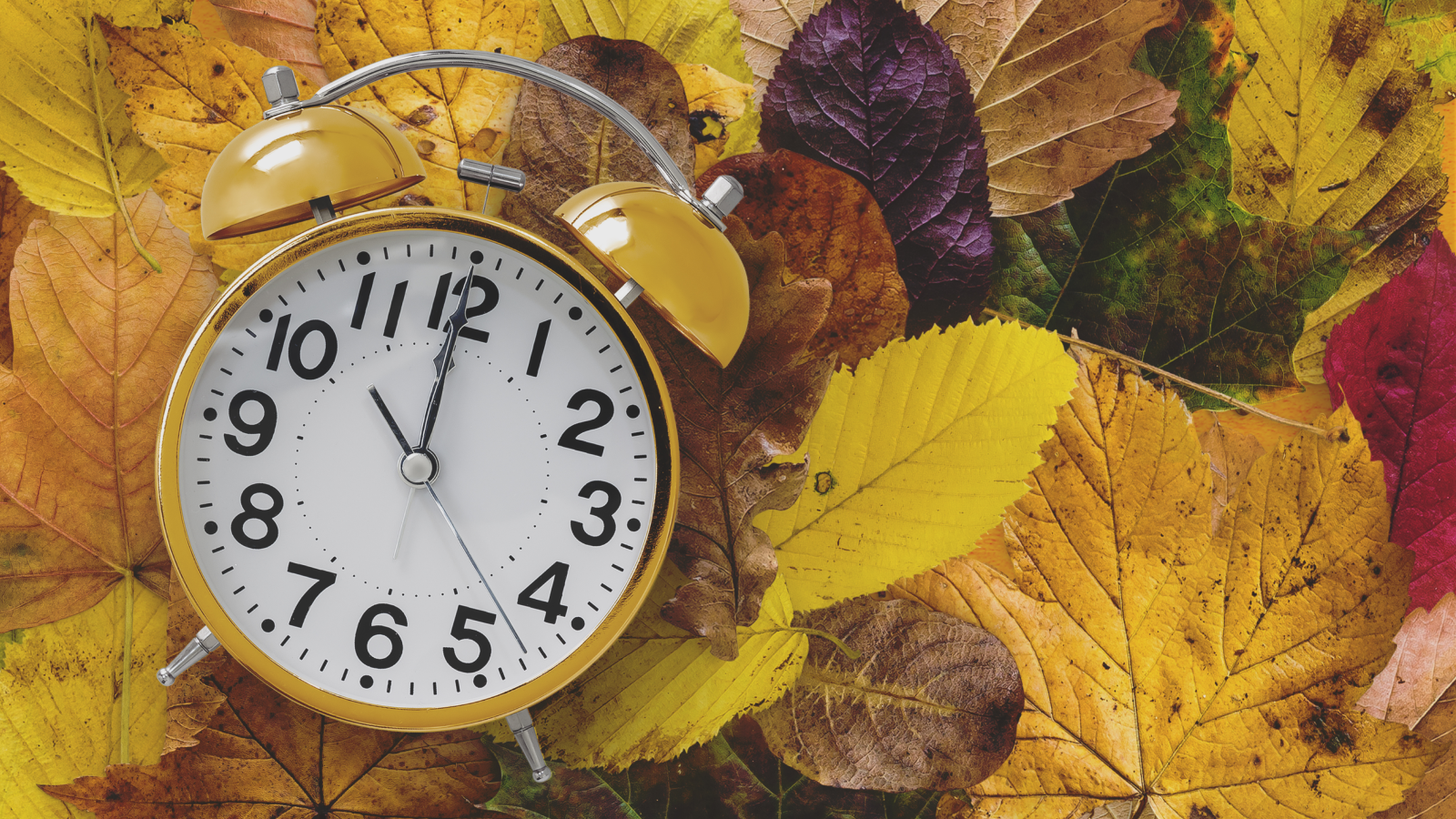Altruistic Love Related to Happier Marriages
Altruism may breed better marriages, a new study suggests. Or, the data might mean that good marriages make people more altruistic.
Whatever, altruism and happiness seem to go together in the realm of love.
"Altruistic love was associated with greater happiness in general and especially with more marital happiness," concludes Tom Smith of the National Opinion Research Center at the University of Chicago in a report released today.
I do
Study participants were asked whether they agreed with statements that define altruism, such as, "I'd rather suffer myself than let the one I love suffer," and "I'm willing to sacrifice my own wishes to let the one I love achieve his or hers."
Those who agreed with the statements tended to also report happiness with their spouses.
Among the more altruistic, 67 percent rated their own marriage as "very happy." Among those who were profiled as the least altruistic, only 50 percent said they were very happy in marriage.
Get the world’s most fascinating discoveries delivered straight to your inbox.
And here's one for those of you who're still waiting for your partner to commit: Forty percent of the married people ranked near the top for altruistic responses, while only 20 percent of those who had never married did so. The divorced and separated came in at around 25 percent.
The study asked dozens of questions to gauge both altruistic intentions and behaviors. How often do you give blood? Do you return money when a cashier makes a mistake in your favor?
Rising altruism
In a separate finding, Smith looked at a similar study from 2002 and found that altruistic feelings are on the rise. The number of people having "tender, concerned feelings toward the less fortunate" rose 5 percent, to 75 percent.
Smith speculated why:
"People have been suffering more negative life events than in the past and as such there is greater need for caring and assistance," he said. "Likewise, there is greater disparity between the rich and the poor with the lot of the former, but not of the latter, improving in recent years."
It's not known if altruism begets a good marriage or vice versa.
But Smith said connection between romantic love and altruistic behavior probably comes from an appreciation of love developed in a healthy marriage and reflects the connection between marriage and love in general, which is part of the teachings of many religions.
The study found that people who pray every day performed, on average, 77 acts of altruism a year vs. 60 for those who never pray.
Men vs. women
Altruistic love scores were higher for women who are homemakers than women who work outside the home. Men scored higher than women. "This may be because there is an element of heroic stoicism and being a protector," Smith writes in the report.
Altruism runs higher among older people and those with college educations.
Smith also analyzed empathy, described as feeling protective of others or concerned for the less fortunate. Some of the findings:
- Women have a greater feeling of empathy than men.
- Children from two-parent homes are more empathetic.
- Girls raised by a single father are the least likely to develop empathy.
- Financial status bears little on altruism or empathy.
- People who vote are more empathetic and altruistic.
- Empathy is higher among those who fear crime.
- Empathy is higher among those who support increased spending on social programs.
The research was based on data from in-home surveys conducted every two years with support from the National Science Foundation. Smith used data from the 2004 survey, of 1,329 adults, and compared it to the 2002 results.
Robert is an independent health and science journalist and writer based in Phoenix, Arizona. He is a former editor-in-chief of Live Science with over 20 years of experience as a reporter and editor. He has worked on websites such as Space.com and Tom's Guide, and is a contributor on Medium, covering how we age and how to optimize the mind and body through time. He has a journalism degree from Humboldt State University in California.

